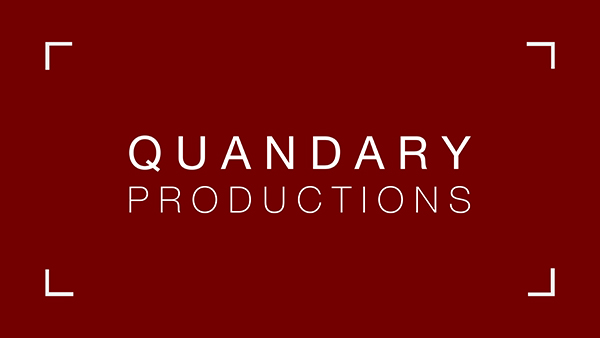On Monday July 27th, we thought we would try something new and seek out fresh acting talent using social media alone. We dropped a blind-casting post around 10am on Twitter and within two hours we had made over 18,000 impressions. By the end of the week over 120,000 people had seen the post – thanks to the rampant sharing of Twitter’s online acting community and filmmaking networks – and of those people who had seen it, approximately 1 in 100 engaged with it.
Now lets crunch the numbers, because this experiment has taught us more than the fact that there’s way too many talented actors out of work at the moment.
As it stands now (today being August 3rd), we’ve had 1072 messages/emails with showreels and CVs attached, and people continue to send them even after the casting call has closed.
The biggest finds were: of all the 1000+ actors who applied, only 91 were non-white; an overwhelming majority (82%) were aged 16-30; only 3(!) were wheelchair users or had health concerns. With regards to gender, it was fairly balanced with 53% identifying as female, 46% male, and less than 1% non-binary; sexual orientation was never discussed, and should never be an issue. As for location, an overwhelming 94% listed their location as London.
For those unfamiliar with blind-casting, it’s a term that’s short for colour-blind or gender-blind casting. It’s an idea of casting without considering the actor’s ethnicity, skin colour, body shape, sex and/or gender, and for this we ensured that age and physical ability weren’t factors either (we have at least two substantial roles in our next two projects – ‘Echo‘ and ‘Mother Sky‘ – that don’t require anything too specific).
Something significant that we clocked a few years back – roughly 1 in 100 people will engage or take another step after seeing what you have to offer – this applies to crowdfunding, releasing trailers, advertising your work, etc. The same goes for mega-budget films also. If you consider how frequently you see posters or trailers for these million dollar movies, of the people who are then aware of when and where something is becoming available, you’re looking at a similar 1 in 100 (approx. of course; this is just an observation) that will pay to partake. So reaching the maximum amount of people really is essential. And this experiment proved to me the power of social media as a resource (as opposed to traditional paid advertising) that can be used wisely.
From this casting we’ve selected 70 people to make it through to the next stage. They’ve all been contacted and asked for self-tapes. Of those people we feel we’ve selected a diverse range (not just those residing in the UK), and of the 70 we’ve chosen, there is some remarkable talent there. We cannot wait to make recommendations later in the process!
But one question still remains: are people who aren’t white or able-bodied still subconsciously put off applying for roles, even if a casting is specifically created in the blind-casting model? Please get in touch to let us know. We’d love to know your thoughts.

